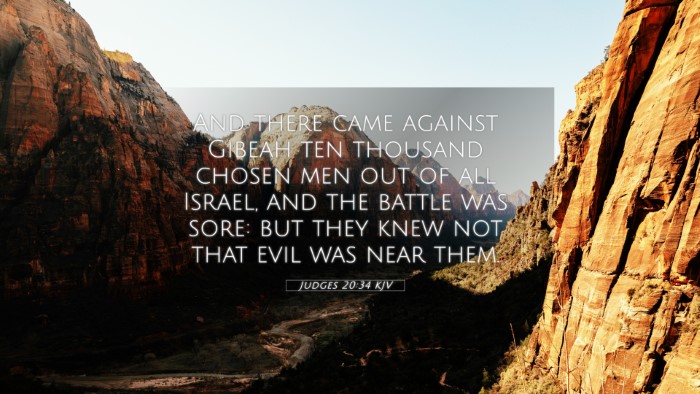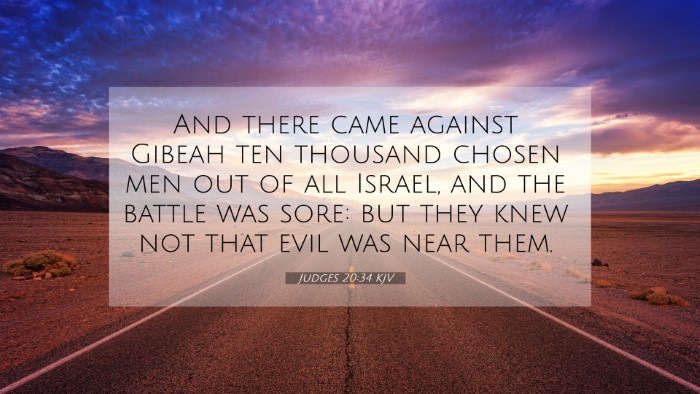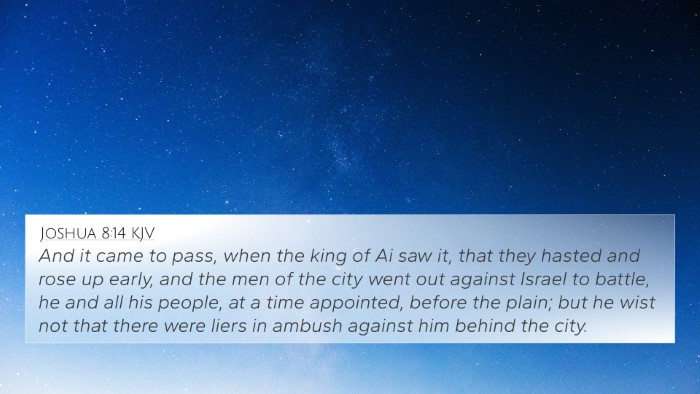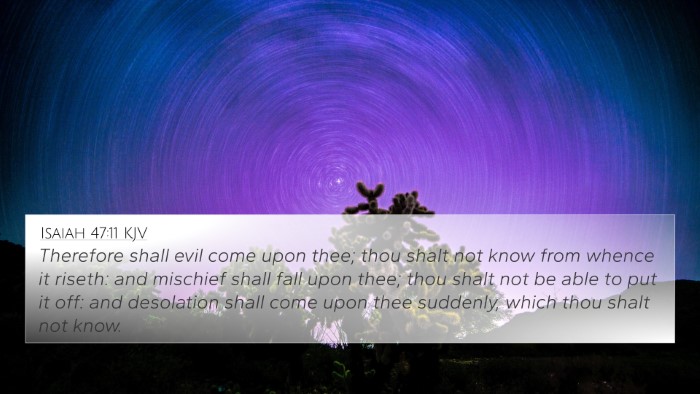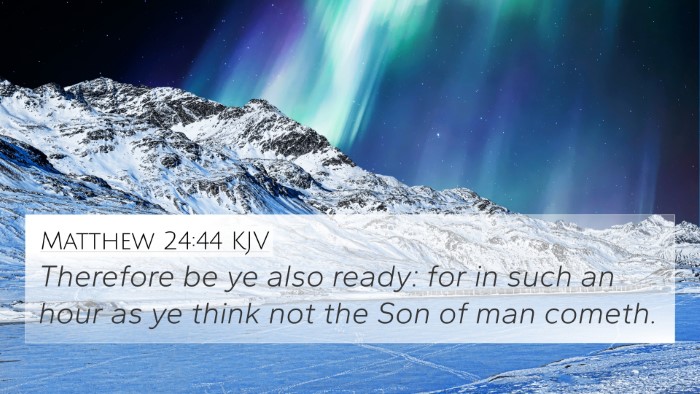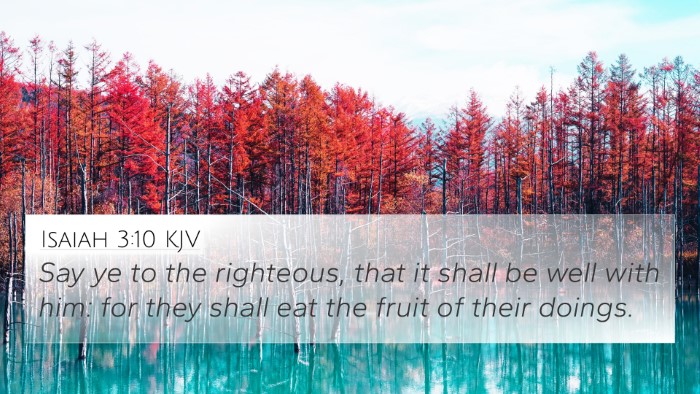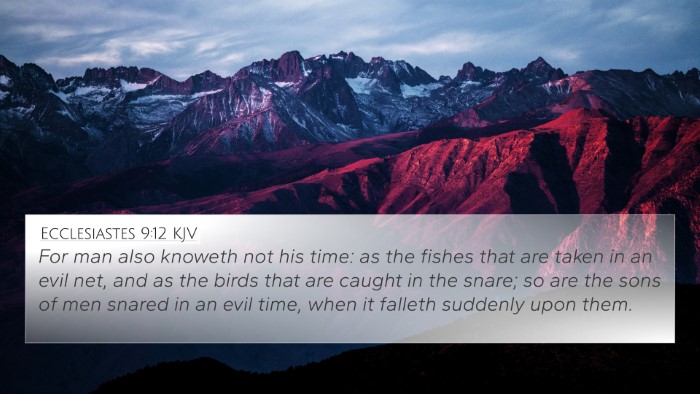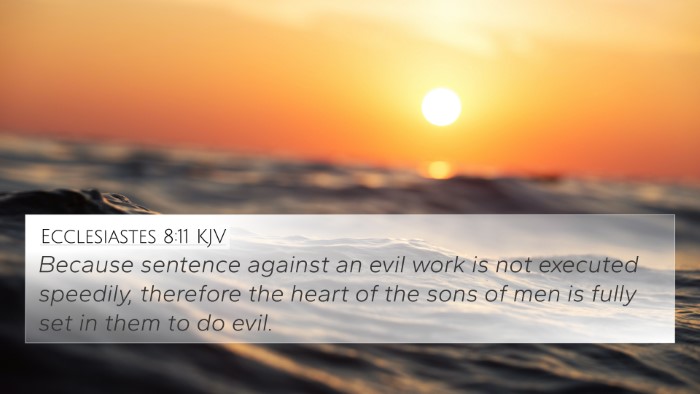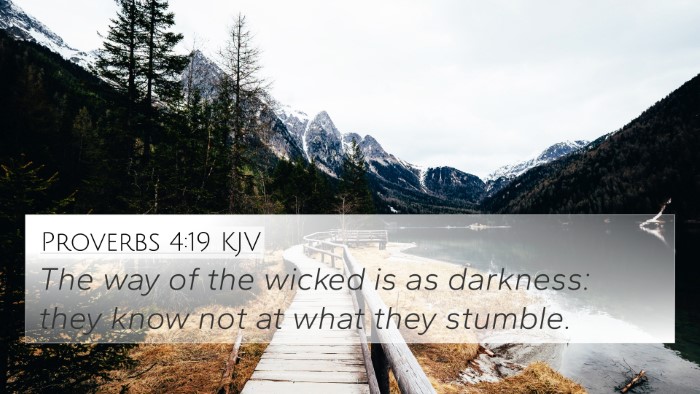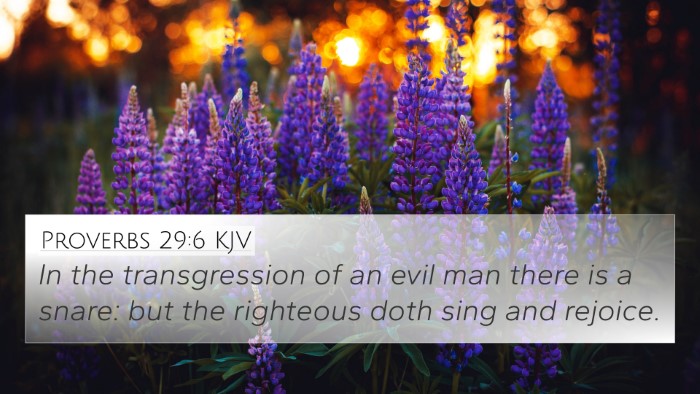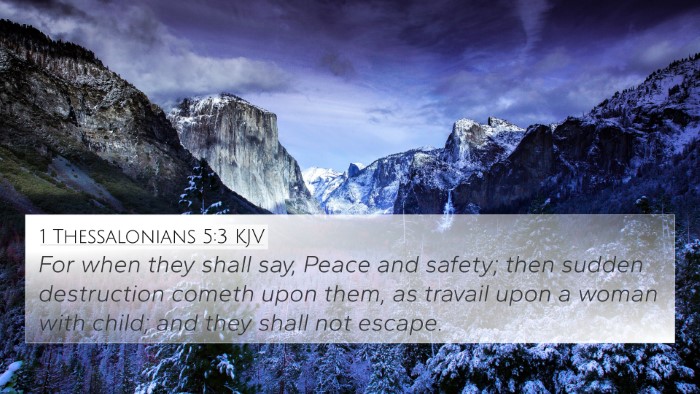Understanding Judges 20:34
Judges 20:34 recounts a significant military confrontation in Israel's history, where the men of Israel gathered to confront the tribe of Benjamin after a grievous crime committed in Gibeah. This verse not only describes the aftermath of this conflict but also reflects deeper themes of justice, divine intervention, and the consequences of collective sin.
Verse Context
The context of this verse is set within a larger narrative of civil conflict in Israel. The tribe of Benjamin is being punished for harboring wickedness, specifically a violent act against a Levite's concubine. This results in a call to arms from the other tribes of Israel.
Insights from Public Domain Commentaries
-
Matthew Henry:
Henry emphasizes the moral and ethical implications of the events. He underscores the seriousness of sin and its repercussions on society. The unity of the tribes against Benjamin reflects a collective responsibility for moral standards in the community.
-
Albert Barnes:
Barnes views this battle as significant for Israel's understanding of justice. He highlights that the men of Israel were moved by a strong sense of indignation and were determined to administer divine justice upon Benjamin for their actions.
-
Adam Clarke:
Clarke discusses the tactical elements of the confrontation, noting the strategic involvement of Israel’s army. He points out the importance of being led by God’s guidance in military endeavors, suggesting that this battle had greater implications than mere tribal disputes.
Thematic Connections and Cross-References
Judges 20:34 resonates with several other biblical passages that reflect foreign invasion, divine justice, and inter-tribal conflict. Below are key Bible verse cross-references related to this verse:
- Deuteronomy 13:12-15: Discusses the punishment for idolatry in cities, showing the severe consequences of sin within the community.
- 1 Samuel 11:5-11: Relates the theme of unifying forces against a common foe in order to restore justice in Israel.
- 2 Samuel 20:1-2: Portrays another instance of conflict among Israelite tribes, emphasizing the political strife and the need for unity.
- Galatians 6:7: Touches upon the law of reaping what one sows, connecting moral actions and divine consequences.
- Romans 12:19: States God’s role in vengeance, paralleling the theme of divine justice evident in Judges 20.
- Micah 7:2-3: Speaks to the societal decay and corruption that provoked severe responses from God’s people.
- Hebrews 10:30: Reminds us that God judges His people, echoing the sentiment found in Judges regarding collective punishment.
Comparative Bible Verse Analysis
This verse can be compared to different biblical passages to decipher its full implications. For example, examining the results of collective sin in Joshua 7 with Achan’s sin and its impact on all Israel can provide a thematic backdrop for understanding Judges 20:34. Just like Achan’s disobedience, the crimes in Gibeah urged Israel to take drastic action.
Lessons and Applications
The narrative of Judges 20:34 calls believers today to reflect on themes of vigilance against sin, the necessity of justice, and the importance of unity in the face of wrongdoing. The tragic outcomes resultant from ignoring corporate and individual responsibilities serve as a timeless lesson on moral accountability.
Research and Study Tools
For those looking to delve deeper into the connections between Bible verses, there are several tools and methods available:
- Bible Concordance: A helpful reference tool for finding cross-references and thematic connections.
- Bible Cross-Reference Guide: This provides quick insights into verses that are linked by theme or topic.
- Cross-reference Bible Study: Explore these connections to gain a more profound understanding of scripture.
- Comprehensive Bible Cross-Reference Materials: Use various resources available for detailed studies.
Conclusion
Judges 20:34 presents an important narrative not only revealing the gravity of sin but also the collective nature of justice. It draws readers to reflect upon their interactions with one another and the broader implications of their actions. Understanding this verse through a cross-referenced study can lead to deeper insights into the character of God, the importance of community integrity, and the consequences of moral failure within society.

